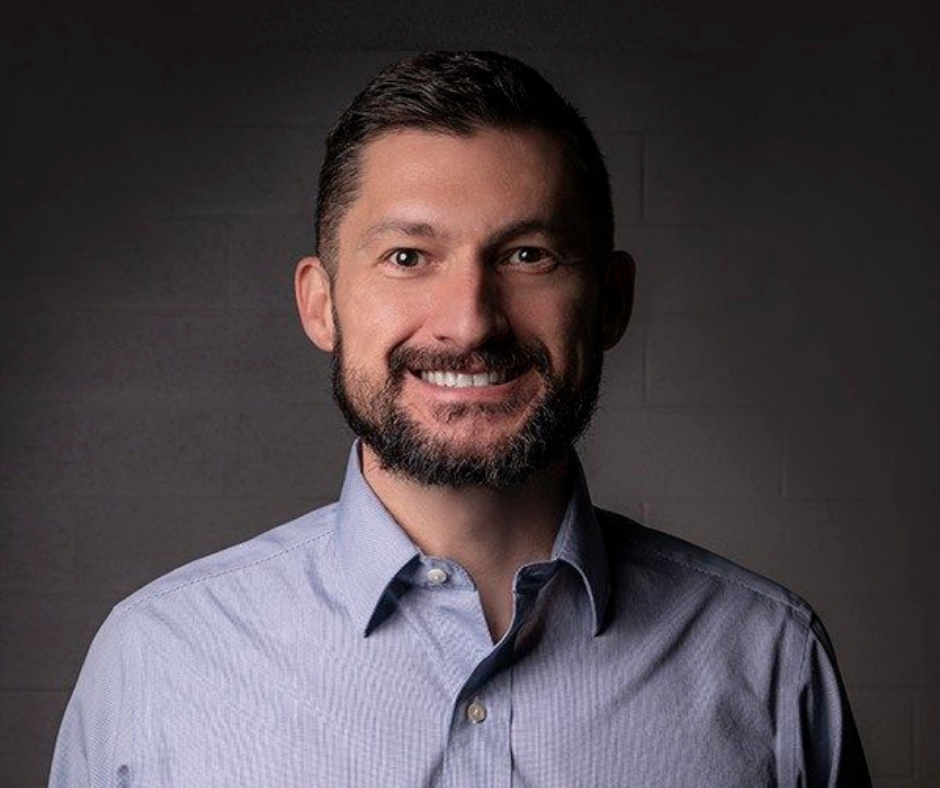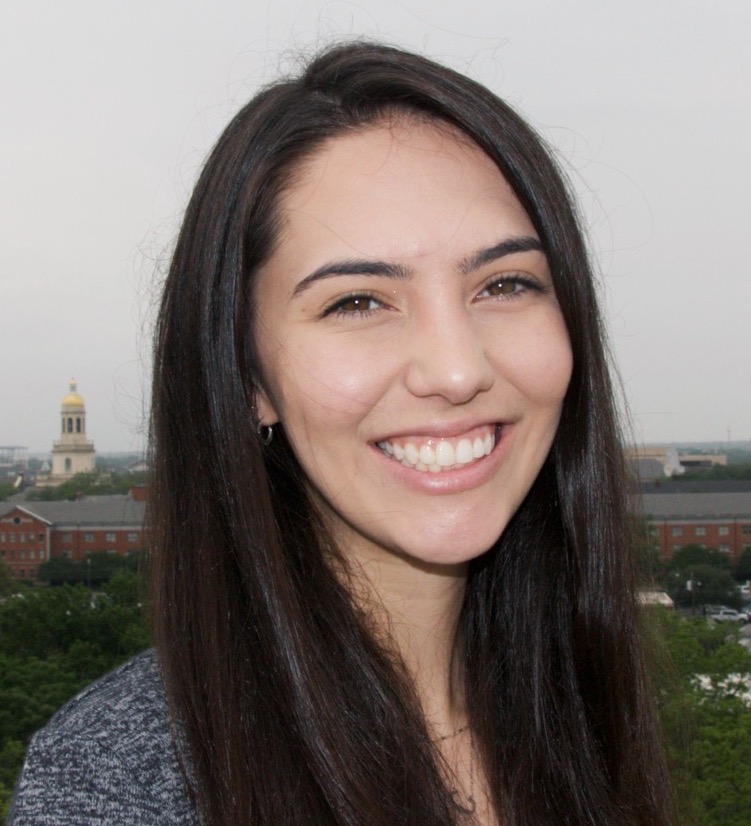Editor: Act Locally Waco is sharing a series of blog posts — Faith Doing Good — about local religious groups working in the community. These pieces were written by Baylor University students from the Department of Journalism, Public Relations, and New Media.
By Sarah Skelton
Mosaic Waco has led by example that doing good in a community doesn’t mean changing everything about the community.
The multicultural Christian church in East Waco opened its doors for the first time two years ago and immediately started partnering with existing programs such as Restoration Haven and the local elementary schools.
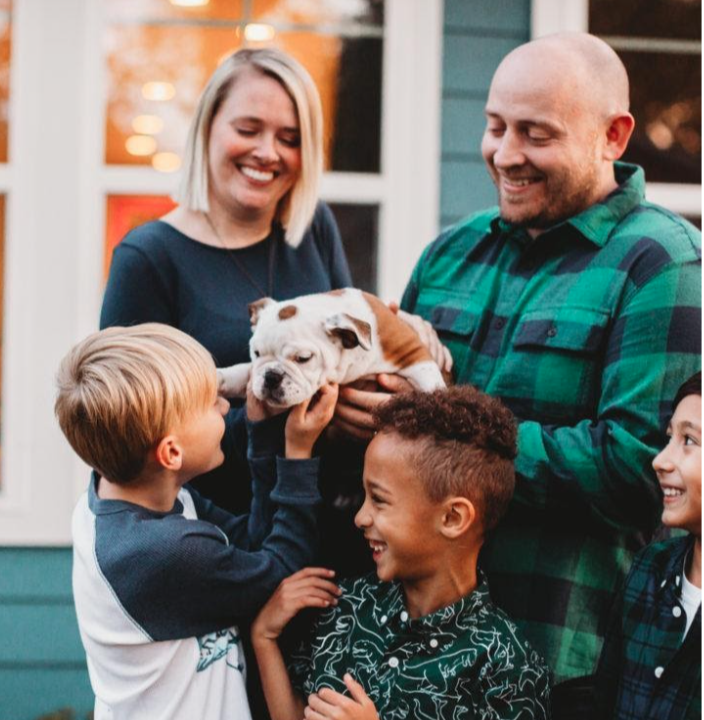
“It’s not charity, it’s justice,” said Pastor Slim Thompson. “The Bible talks about justice all over. And so what we’re doing is actually what is right by people.
“It’s not right for people to live in poverty. It’s not right for people to have to wonder where their meals are going to come from. And it’s on us as Christians to go like, ‘That’s my brother, that’s my sister. I’m not OK with that.’ Just like if it was your literal brother or sister. I’ll do whatever I can to help them out. We just have to see our connection is much deeper than just actual family.”
Aside from the Bible, Thompson has centered the church on the philosophies of John Perkins and Jemar Tisby. They are both civil rights activists who want to see an end to racism.
“[Perkins] talks about when you move into a new community, you don’t really want to ask what can we do to fix it or change it. Instead, let’s ask what is it doing well and let’s serve them and let’s join in on that,” Thompson said.
Mosaic Waco’s congregation recognized the school systems and nonprofits such as Restoration Haven were already serving the community. Following Perkins’ idea the church started working with these organizations.
Before the pandemic, church members would volunteer in surrounding elementary schools by leading after-school clubs and reading with students. COVID-19 unrooted this idea in the spring and caused the schools and church to be more proactive.
“When kids go home for a week — like they have often — I’d say most kids get excited there’s no school for a week. Well, when you’re dependent on breakfast, lunch and dinner that also means you have no food for a week,” Thompson said.
To overcome this problem, the church worked with the school to pack students’ backpacks with bread, peanut butter, and jelly. Now the students can still eat when they are off of school for a week.
The founder and president of Restoration Haven, is an active Mosaic Waco church member. The nonprofit and church partnered together to provide necessities such as toiletries to East Waco families.
Many of the items Restoration Haven provides go to residents in Estella Maxey Place. Mosaic Waco is passionate about helping the families in this apartment complex. Once or twice a month, church volunteers invite children living in the apartments to play games and attend a Bible lesson.
The church welcomes everyone and especially residents of East Waco to join them every Sunday at 10 a.m. The pandemic has been difficult for everyone, but Mosaic Waco created a successful method to gather while obeying social distancing rules with their drive-in service.
“People can stay in their cars and listen through a radio and it just gives people who may not feel comfortable worshipping in person a place to go,” Thompson said. “Because it’s hard to sing out loud when you’re watching a TV.”
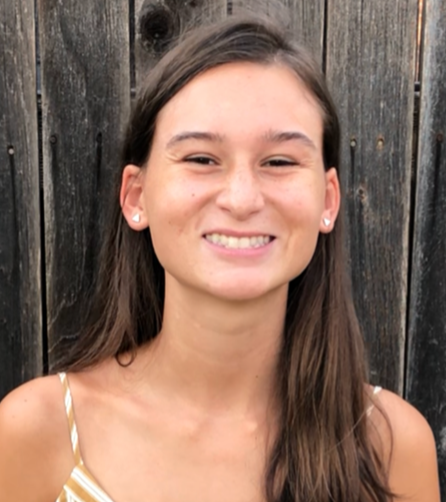
Sarah Skelton is majoring in Journalism on the public relations track at Baylor University.
The Act Locally Waco blog publishes posts with a connection to these aspirations for Waco. If you are interested in writing for the Act Locally Waco Blog, please email Ferrell Foster at [email protected].
Editor: Act Locally Waco is sharing a series of blog posts — Faith Doing Good — about local religious groups working in the community. These pieces were written by Baylor University students from the Department of Journalism, Public Relations, and New Media.
By Briana Garcia
The Spanish-language congregation of First Baptist Waco, led by Associate Pastor Israel Loachamin, has created a program called La Puerta to help the Spanish-speaking community have access to resources in Waco.
La Puerta, meaning “the door” in Spanish, uses social, legal, educational, mental, and medical services for the Waco Hispanic community to connect with others.
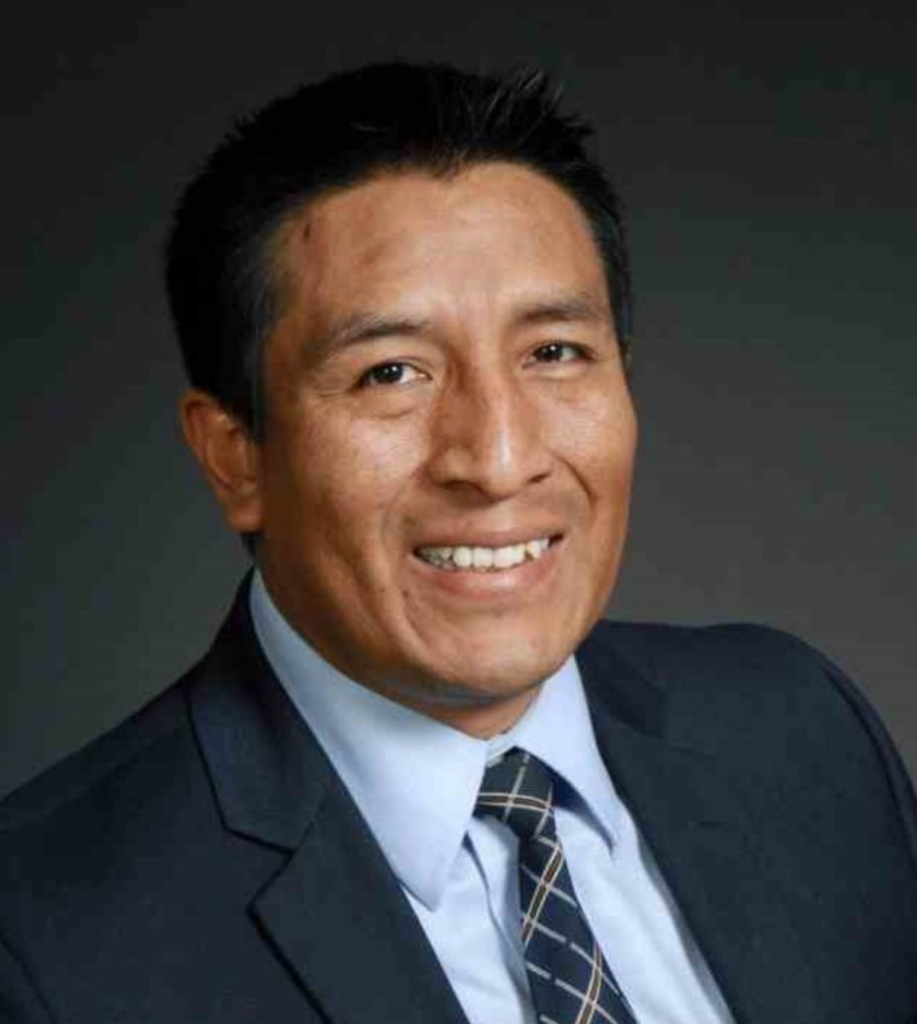
“Our mission is to be under the umbrella of ministry of accompaniment in the practice of hospitality,” Loachamin said. “This is why we opened La Puerta.”
Since 2017, La Puerta has focused on three key approaches, Loachamin said. These are educating, advocating, and accompanying. Through these three, the Hispanic community can learn to speak English and to overcome barriers in the community.
“We have a space, and we create a space for people to come and bring their friends and feel comfortable,” Loachamin said. “Everyone is welcome to our ministry.”
The program especially helps the immigrant community, Loachamin said. La Puerta has resources to help the community in times of trouble and worry by connecting people with legal services.
As an immigrant, it is hard to trust reliable legal resources, Loachamin said. But First Baptist tries to find dependable attorneys in Waco to guide the immigrant community and help them feel comfortable in their surroundings.
In 2018, La Puerta created an Immigrant Task Force. It meets two to three times a year, and anyone from Waco or Central Texas can join and talk about how they can support one another. They also go to health fairs with agencies to help build relationships.
“We made a friendship with the attorneys,” Loachamin said. “We like to expand the service to the community.”
Loachamin said some people in his congregation and in the community are struggling. “We provide classes in the Spanish program for people to talk about their fears and to have an idea that they have a group to speak about their problems with one another,” Loachamin said.
La Puerta also provides resources such as clothing, food, education, and medical services.
It is important for the Hispanic and immigrant community to feel like they have all the resources they need to feel welcomed and loved by the First Baptist community, Loachamin said.
When groups of immigrants come to the United States, they do not know the English language or have many friends, but they have skills, Loachamin said. La Puerta has created groups such as a sewing class where they can develop additional skills and develop friendships.
“Another group that we have created makes organic soaps,” Loachamin said. “A group of eight women have been doing well for two years and are selling their product and in the process of opening their own shop.”
Faith is a big component when it comes to the Spanish service and La Puerta, Loachamin said. Teaching others in the community and expanding their knowledge about faith is what Loachamin and other pastors at First Baptist Waco strive to accomplish.
“I know that faith at First Baptist is not just to be practicing in myself,” Loachamin said. “It is the living process and how I want to show my faith.”
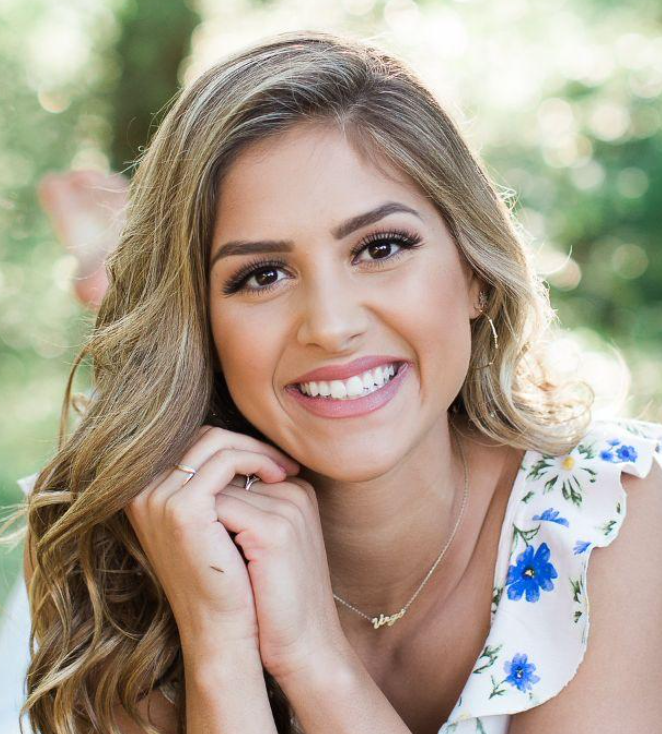
Briana Garcia is a Baylor student-athlete and journalism major with a concentration in news-editorial major and minor in corporate communications.
The Act Locally Waco blog publishes posts with a connection to these aspirations for Waco. If you are interested in writing for the Act Locally Waco Blog, please email Ferrell Foster at [email protected].
Editor: Act Locally Waco is sharing a series of blog posts — Faith Doing Good — about local religious groups working in the community. These pieces were written by Baylor University students from the Department of Journalism, Public Relations, and New Media.
By Bella Vinson
St. Alban’s Episcopal Church started as a church plant in 1946 in Waco. Since the church opened its doors, the members have been able to develop decades-long partnerships with organizations in Waco, sharing a common humanity with others in the community.
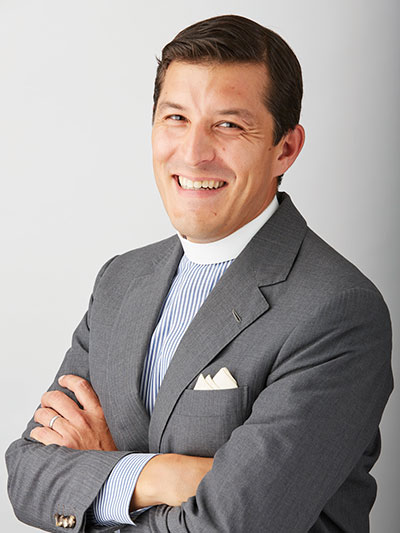
Rev. Aaron Zimmerman is the rector of St. Alban’s, serving the church for eight years.
When Zimmerman went to college he got involved in campus ministry. He enjoyed it, he said, but was still unsure if it was something he ultimately wanted to pursue.
“For two years after graduation, I went to Central Asia to teach English with a Christian organization,” Zimmerman said. “Part of it being I wanted to contribute in a meaningful way, but also part of it I wanted to test whether ministry was something I wanted to do.”
Zimmerman said he loved it, which ultimately led him to decide that he wanted to serve others in a path of ministry.
“I wanted to give my life in some way that could help other people as they are asking those questions. Not to say I have all the answers, but I know someone who does,” Zimmerman said. “So my ministry is mostly just to point to him.”
St. Alban’s partners with a number of public and private schools throughout the Waco area. The church has a long history of connections within the education community in Waco, as many of the members are teachers. They have been working with Cedar Ridge Elementary for over 10 years.
“We have done everything from people going to read to students there and tutoring them,” Zimmerman said. “The thing we do the most is providing meals when they have big open houses, meet the teacher nights, things they want to get a lot of the families to. We make dinner here at the church and take it to the school and serve it there.”
St. Alban’s also does work with reVision, sending mentors for incarcerated teenagers in the Mart facility. They also partner with Mission Waco. Members lead monthly devotionals at their homeless shelter, and collect toys for them during Christmas time.
Although it is not an expressed ministry of the church, St. Alban’s partners with Alcoholics Anonymous and other 12-step groups by providing a space for them to meet in the church’s Community Outreach Center.
“That is a place where lives get transformed and healed,” Zimmerman said. “We have had groups here four to five nights a week, sometimes around 70 to 80 people. Just a really strong community of folks on the path to hopefully find recovery.”
The church’s community outreach continues, even during times of crisis. During the winter storm that hit Waco in February, the church opened as a warming center for those who were affected and in need. They had over 50 volunteers assist that entire week by cooking meals and spending time with the people who came in.
“It was really meaningful to see our members build relationships with those people who were here, some still ongoing, and recognize our shared common humanity,” Zimmerman said.
St. Alban’s main mission is to share time and resources to serve the physical and spiritual needs of individuals and communities. Zimmerman reflected on the values of the church’s mission being displayed by members work in the community.
“One of the most rewarding things for me is when people realize the humanity of those they are helping,” Zimmerman said. “It’s not someone down here, some sort of nameless face, giving handouts. We are both fellow humans, we stand at the same level, although we’ve had different experiences.”
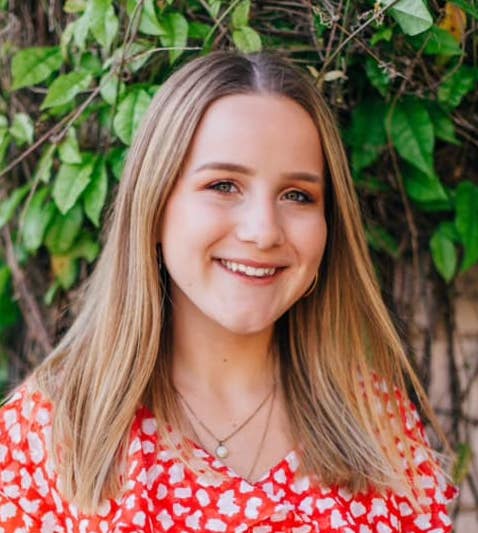
Bella Vinson is a Baylor sophomore from Waco.
The Act Locally Waco blog publishes posts with a connection to these aspirations for Waco. If you are interested in writing for the Act Locally Waco Blog, please email Ferrell Foster at [email protected].
Editor: Act Locally Waco is sharing a series of blog posts — Faith Doing Good — about local religious groups working in the community. These pieces were written by Baylor University students from the Department of Journalism, Public Relations, and New Media.
By Ashley Kim
The Rev. Dr. Leslie King, pastor of First Presbyterian Church, explains how the church and the congregation is “doing good” in the city of Waco, which involves building relationships between the church and everything surrounding it.
“I think one of the things that we do is we really try to know ourselves,” King said. “First Presbyterian Church tries to honor all the churches that we’re in relationship with, but we try to be uniquely who we are. And one of the things that we’re pretty good at is inclusion and just sort of a radical hospitality.”
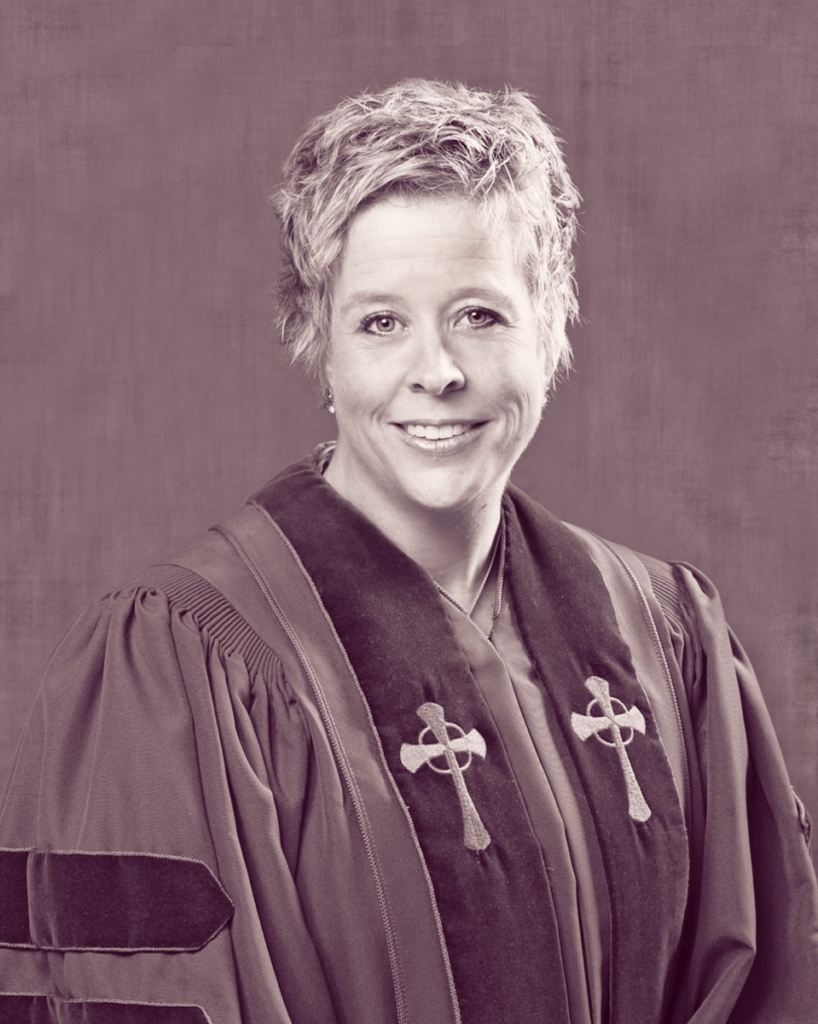
According to the First Presbyterian Church website, their mission is to believe deeply that people of faith are called to serve the wider community and neighbors, and they engage in this in several ways. Each Sunday, they begin worship by saying, “Welcome home, children of God.” They hope to live more fully into all that this simple but profound sentence means and calls them to do.
King believes part of “doing good” consists of being a person or a church that gives and receives. The church is also partnered with different entities, agencies, and projects that are around; entities like Caritas, The Cove, Compassion Ministries, and World Hunger Relief.
“I think the verb ‘doing’ would really have us emphasize sort of an old paradigm of mission, which is where we go out and do something for someone else that makes their lives better,” King said. “But of course, the emerging understanding is really, how is the church in relationship with the world around us. Do we know names and do people know our names and are we just being together? And I think that has a lot to do with the common good.”
First Presbyterian members decided to do worship this year in person and were intentional about an online platform that allowed for people to interact. While videoing services would have provided a more professional or polished look, they believed that one of the big components of worship is that people get to see and interact with each other.
“The first thing you have to do is really know yourself and to say this is who we are, and this is what we’re offering,” King said. “The Presbyterian faith also really values questions, and so we’re less concerned about telling people what to think and more interested in learning what people are wondering about. And helping people to do what people do really well, which is to, in the presence of God, make meaning in their life. And I think we do a decent job of that.”
First Presbyterian is involved in actively creating opportunities for the community and the congregation. Whether it be raising money for rent assistance for those impacted by COVID-19, providing outlets for mental health, distributing meals, partnering with organizations, or making their worship style more inclusive, First Presbyterian has done a lot for their community.
“When we do something for ourselves, we’re kind of thinking how we can also be doing something for the community at the same time,” King said.
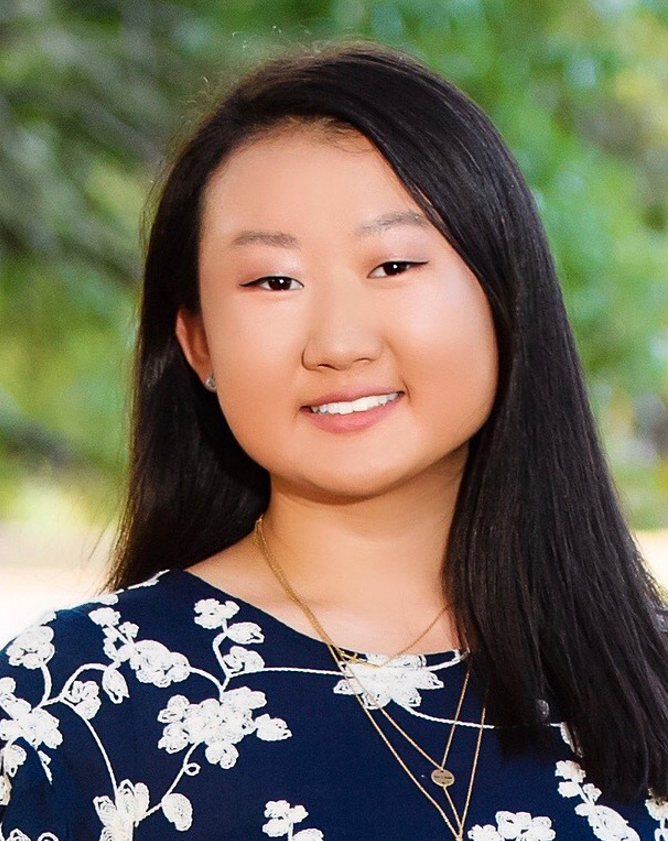
Ashley Kim, a sophomore Baylor student from Houston, is majoring in marketing with a minor in advertising.
The Act Locally Waco blog publishes posts with a connection to these aspirations for Waco. If you are interested in writing for the Act Locally Waco Blog, please email Ferrell Foster at [email protected].
Editor: Act Locally Waco is sharing a series of blog posts — Faith Doing Good — about local religious groups working in the community. These pieces were written by Baylor University students from the Department of Journalism, Public Relations, and New Media.
By Kaylee Cannon
Derek Nease, the family teaching pastor at Crossroads Fellowship in Waco, expressed his love for the Waco community and gave details on how COVID-19 has affected the church congregation.
“The church is more than just a building, it’s more than just a place in the neighborhood. It truly is a group of people that want to see the gospel of Jesus Christ go forth,” Nease said.
Nease said one of his favorite parts about serving the Waco community is the healthy partnership and communication among many of the churches in the area. It’s not just a certain denomination, but all of the churches coming together to serve the community.
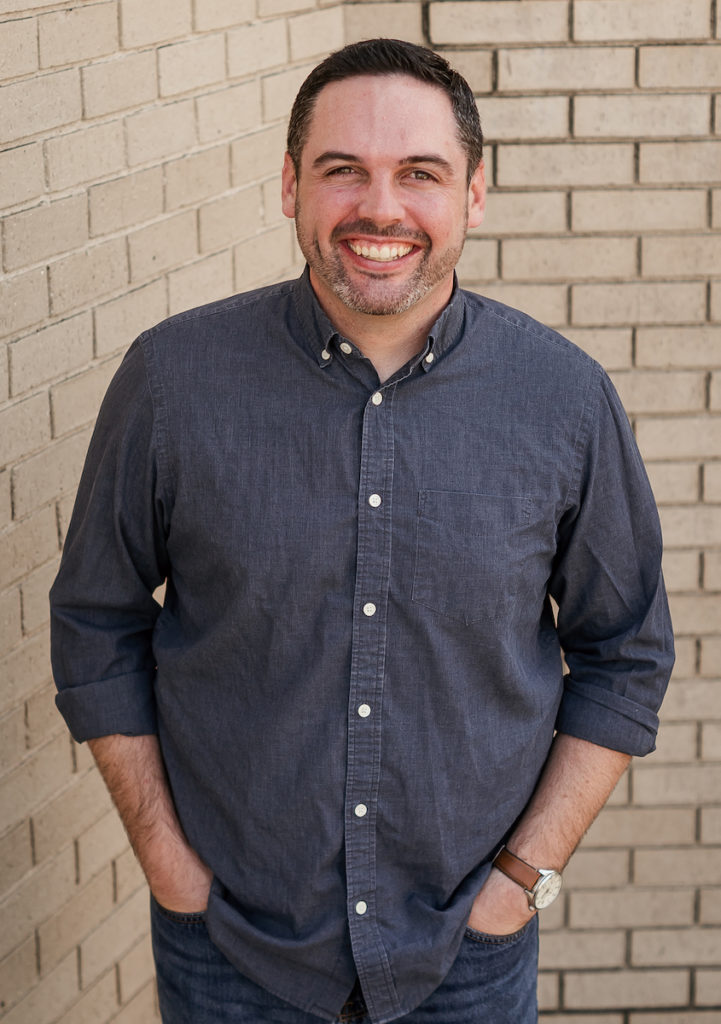
“That’s what I love about this community. That there are pastors that are willing to say I have a church I am leading, but the bigger thing is how we as a city can do this together,” Nease said.
Nease said the church had a project in November 2020 called, “All In.” They worked with organizations such as Mission Waco to help the community with various needs.
According to the Crossroads Fellowship website, part of their mission is to form relationships. They believe relationships with God and each other form the foundation of their purpose as a church.
“What I enjoy about the Waco community is that the people have appreciated and welcomed us in and have said thank you for still being a part of bringing change whether we’re able to meet in-person or not,” Nease said.
Nease said that the church had to make quick changes to follow COVID-19 guidelines. They had to get the Sunday teachings available for people to watch and listen to online. In the spring, they began holding in-person services with masks, as well as streaming online for those who wished to stay home.
“What do we value as a church organization? Do we value the meeting? Or do we value life transformation?”COVID-19 helped people “realize how we can still have an impact on people’s lives,” Nease said.
Crossroads Fellowship believes in meeting people where they are with a welcoming environment with accessible worship and preaching, its website says.
“We have and will continue to do the missional things that we always do which brings people, even those not in the church, together,” Nease said.
Communication among churches is new in Waco, Nease said. It has been a very good change in the community as pastors have gathered to pray.
“It’s special for several hundred pastors to be in one room together and pray together,” Nease said. “Not only for their organization and their church specifically, but for the name of Jesus to be raised and praised in the city of Waco.”
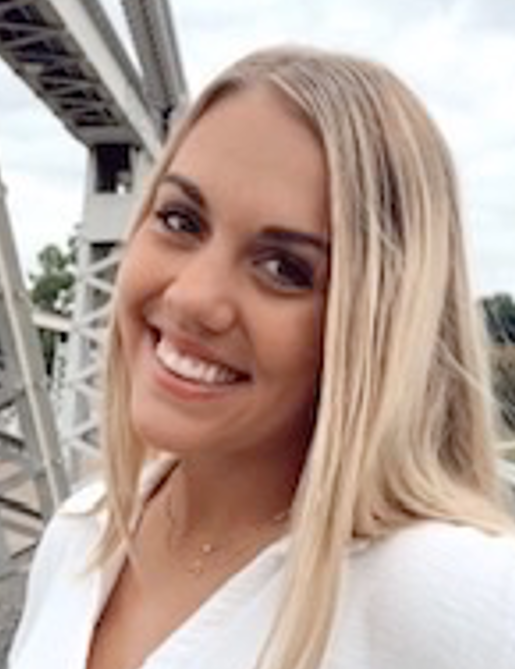
Kaylee Cannon is a sophomore at Baylor University majoring in business management with a minor in public relations. She is from Jacksonville, Ore.
The Act Locally Waco blog publishes posts with a connection to these aspirations for Waco. If you are interested in writing for the Act Locally Waco Blog, please email Ferrell Foster at [email protected].
Editor: Act Locally Waco is sharing a series of blog posts — Faith Doing Good — about local religious groups working in the community. These pieces were written by Baylor University students from the Department of Journalism, Public Relations, and New Media.
By Brooke Giacin
Temple Rodef Sholom may be small, but during the pandemic they have come together to find unique ways to grow from within their small congregation.
Monica O’Desky, Temple Rodef Sholom’s cantor, said the synagogue’s community service is completed on an individual basis rather than a congregation-wide basis.
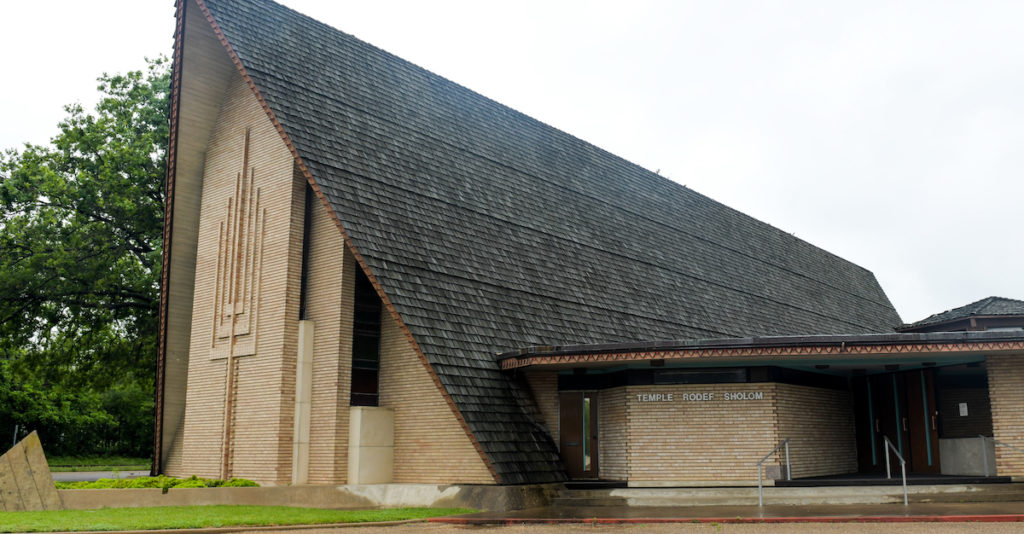
“This is partially because our numbers are relatively small,” O’Desky said. “People are somewhat scattered. In a larger congregation, you would have different activity groups.”
Temple Rodef Sholom’s congregation has nearly 40 members. Many members do their own community outreach. For example, some individuals devote their time to volunteering with Planned Parenthood.
Prior to O’Desky’s arrival, the congregation was very small. Over time the spirit of the congregation began to look better and numbers increased, O’Desky said. The music created an essence that encouraged people to attend services more frequently.
“During the pandemic, having to come up with socially distant but different strategies has been tough,” O’Desky said. “The Zoom services have strangely been successful. We get more people on Zoom than we do in person.”
O’Desky said she tries to make the live and Zoom services inclusive and different.
“We conduct our services a little bit more loosey goosey. I bring a lot of outside influences, some from conservative traditions, some from way out there, some from whatever,” O’Desky said. “We are not quite so rigid. We have done drum services where I bring out drums, tambourines, and rhythm instruments. It is all projected on a PowerPoint.”
O’Desky said she kept the congregation interconnected through interactive discussions, singing songs, and playing music.
“I like to make each service special for the congregation,” O’Desky said. “Where I was ordained, it was not affiliated with one of the movements. It was not reform. It was not conservative. So we learned everything.”
O’Desky said the congregation faced its greatest challenges during the Jewish high holidays: Passover, Yom Kippur, and Rosh Hashanah.
“We just finished Passover,” O’Desky said. “We had a marvelous group put together take-home Passover bags which had all the stuff you need to make and to host your own little Seder.”
O’Desky said high holidays for the Jewish faith are a time of gathering as a family. Temple Rodef Sholom tried to make these services more interactive and special while following COVID-19 guidelines.
“I did an hour-long Passover video that was with members of the congregation doing the readings and doing the parts and then edited it into a video,” O’Desky said. “It was partly the Abilene congregation and partly here. It wasn’t just me standing there.”
The Zoom services on Fridays and Saturdays consist of the Abilene congregation and the Waco congregation. O’Desky said the video allowed both congregations to see people they know who were participating. The congregations are very similar — small, few kids, and with many elders.
“Since they Zoom together so often, when the congregations came together online and watched this video it was like seeing family,” O’Desky said. “I did that also for the other high holidays. I actually videoed myself part from the Abilene congregation and part here so everyone saw their own sanctuary.”
With the wide availability of vaccinations, Temple Rodef Sholom has been holding more live services. O’Desky said their goal is to continue to make their congregation cohesive during these times.
“We hope more people will feel comfortable to come to the live services,” O’Desky said. “I cannot wait to finally see my congregation in person again.”
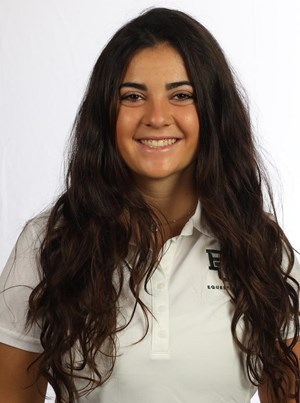
Brooke Giacin is a sophomore student-athlete majoring in journalism and finance at Baylor University.
The Act Locally Waco blog publishes posts with a connection to these aspirations for Waco. If you are interested in writing for the Act Locally Waco Blog, please email Ferrell Foster at [email protected].
Editor: Act Locally Waco is sharing a series of blog posts — Faith Doing Good — about local religious groups working in the community. These pieces were written by Baylor University students from the Department of Journalism, Public Relations, and New Media.
By Jenna Fitzgerald
St. Matthew Lutheran Church is a congregation of about 300 parishioners and has many members who are ready to serve.
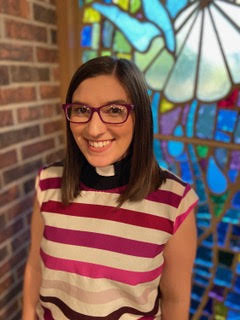
According to St. Matthew’s website, the church mission statement is “to serve our neighbors as Christ’s family in service.” Rev. Kelsey Fitting-Snyder, pastor of St. Matthew, said this vision means that service extends beyond St. Matthew to the entire Waco community.
“As a pastor in the Evangelical Lutheran Church in America, I’m called to St. Matthew Lutheran Church to serve as pastor, but our vocation is always about serving God’s people wherever we are, in the communities,” Fitting-Snyder said. “For us, there’s not a separation of ‘you love God’ and ‘you love your neighbor.’ No matter what vocation you are in — if you’re a pastor or a student or a scientist — vocation for us is showing our Christian love through the work that we do.”
Fitting-Snyder has been pastor of St. Matthew since September 2019, and during the COVID-19 pandemic she spent the majority of her time finding ways to serve. She took note of how some parishioners donated their stimulus checks to set up a church-wide fund. The fund is used to support parishioners in need, as well as the church’s benevolences, which are the organizations it gives to regularly like Mission Waco, Caritas of Waco, and Lutheran Sunset Ministries.
“During COVID, everyone’s budgets were tight, and while clothing donations and food donations are really important, what a lot of those organizations needed to keep going was money,” Fitting-Snyder said. “We were fortunate enough and people’s hearts here are so big that they wanted to make sure that we didn’t cut back on our giving out to the community, but that it was increased in that time so that people were still able to get the services that they needed.”
In addition to providing monetary aid, St. Matthew put together care packages for people in nursing homes and continued its quilting ministry.
Fitting-Snyder said one of the most important projects it undertook, though, was a drive for sanitization supplies for its teachers and professors.
“We have a bunch of teachers in our congregation, elementary school teachers and Baylor professors and things like that, so when sanitizer and Clorox wipes and stuff were really scarce, we started taking donations from our people,” Fitting-Snyder said. “Even after the shortage, people still kept bringing them, so I still have some here to give to my teachers when they say, ‘Hey, we need some more Clorox wipes.’ When the schools were short on supplies, that was just one thing that we could do to help lighten the burden.”
Fitting-Snyder emphasized that members of the congregation can utilize their gifts to find small ways to do good, which can eventually build into far-reaching, impactful community service.
“I firmly believe that there’s no act of kindness or ministry or anything that is too small,” Fitting-Snyder said. “The analogy I love for that is, if you’re sitting in a kayak on the river, that one little kayak is displacing water, and because that water underneath you is displaced, it’s affecting the whole river. A lot of times, rivers make their way into larger bodies of water, so your one little kayak is impacting and rippling to something much bigger. That’s how I see our ministry happening here.”
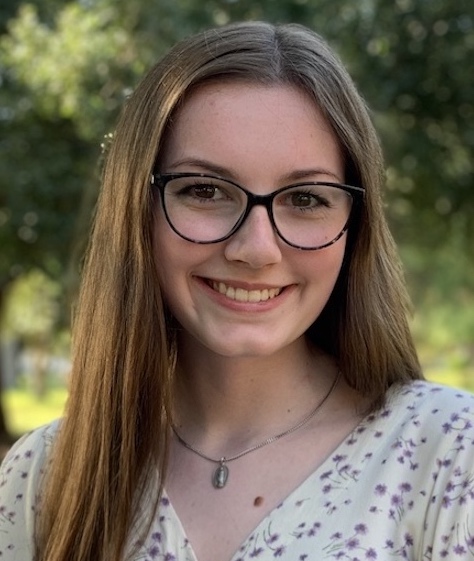
Jenna Fitzgerald is a freshman university scholars major at Baylor, concentrating in journalism, Spanish, political science, and poverty studies and social justice.
The Act Locally Waco blog publishes posts with a connection to these aspirations for Waco. If you are interested in writing for the Act Locally Waco Blog, please email Ferrell Foster at [email protected].
Editor: Act Locally Waco is sharing a series of blog posts — Faith Doing Good — about local religious groups working in the community. These pieces were written by Baylor University students from the Department of Journalism, Public Relations, and New Media.
By Rachel Hemphill
Cars line up in rows across a church parking lot. A pastor rises on a lift as the sound of honking fills the air. He welcomes the congregation, and the horns intensify as he begins preaching the message.
For Toliver Chapel Missionary Baptist Church, this was what a typical Sunday morning service looked like in the spring. Finding a creative way to continue meeting was just one of the many ways the church provided for its community during the pandemic.
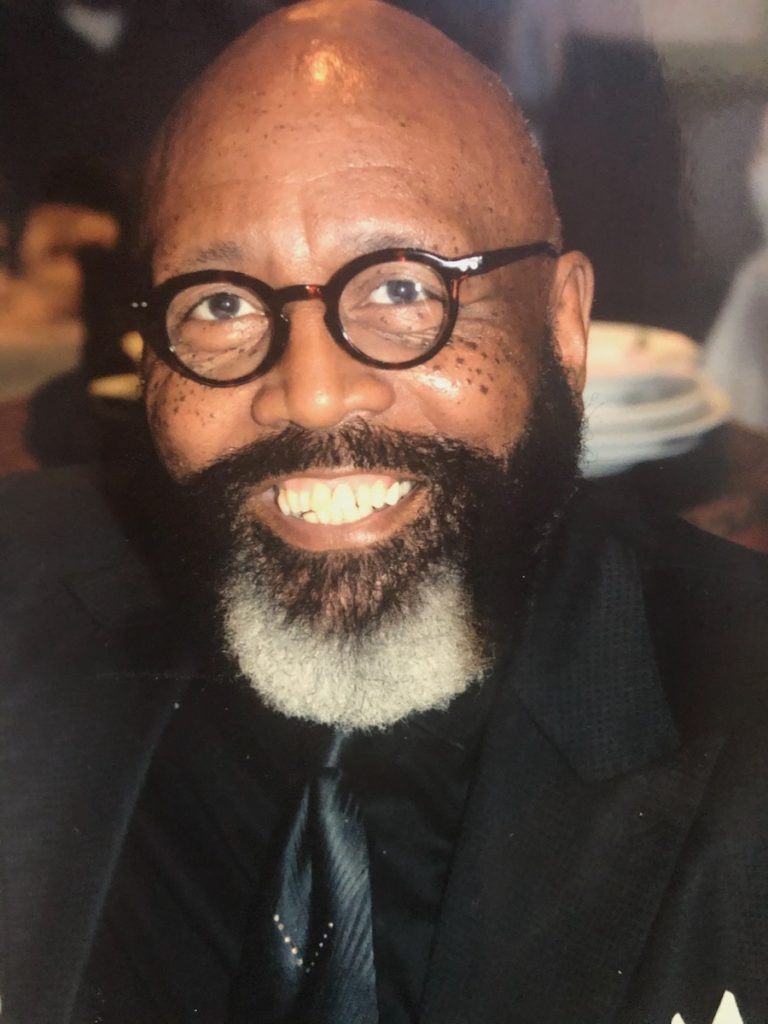
“We’ve not been in our sanctuary for worshiping for over a year,” Dr. Jimmy Hunter, head pastor of Toliver Chapel Missionary Baptist Church, said. “We have drive-in worship so everyone drives in and parks in the same direction, and I go up in the air on a lift.” (Toliver Chapel has recently reopened their sanctuary for worship. This article was written in the spring.)
The church has been a part of the Waco community for 127 years. According to the Texas Historical Markers web page, the congregation grew out of a Sunday school class led by Rev. L. Toliver in July 1895. The East Waco church eventually moved to a Price Street location, then expanded in 1917 with a new sanctuary at its current location on Elm Avenue.
“We try to be visible in the community,” Hunter said. “Wherever we find a need or whatever kind of deal, we’re pretty off into those kinds of things.”
The church has many programs, including working with the Central Texas Food Bank to host food drives, partnering with J.H. Hines Elementary School, and working with senior citizens.
“We’ve tried, like everyone else, to maintain our service until everything goes back to normal,” Hunter said. “I do think, however, that once we are re-engaged, we’ll still have work in the community. But I think the church overall has thrust into new ways of ministry.”
Toliver has been available to the community, even amidst regulations during the pandemic. They have come up with creative ways of being an outreach center, which includes hosting COVID-19 testing and immunizations.
“COVID has been a challenge because it has stagnated us to a certain degree because there is only so much we could do,” Hunter said. “We couldn’t have the types of contacts that we were accustomed to having.”
Despite the difficulties faced with protocols, Toliver has managed to stay connected with the congregation. They have hosted Bible study by way of a conference call and prayer time on Wednesday. COVID-19 moved Toliver to launch new ways of reaching the community.
“Since I’ve had to go that direction it has opened us up,” Hunter said. “I mean, we’ve had people watching us from London. So, it really has pushed the church beyond the walls, and moved our whole mindset up into the times we are in.”
When an opportunity to help the community becomes available, the congregation of Toliver doesn’t miss a chance to serve. Even during the winter storms, the church passed out water and Hunter individually called to check on his members.
“I think historically, persons within the community have kind of looked at our church as one that casts into the forefront of things,” Hunter said. “The church has always been a church that’s community-oriented.”
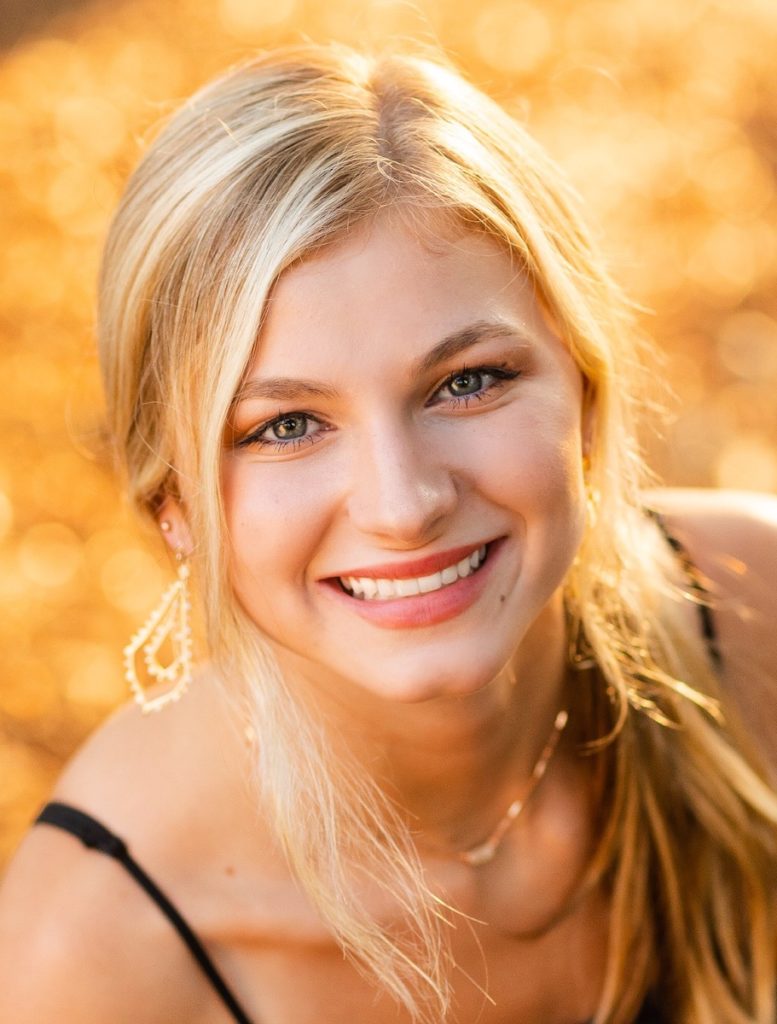
Rachel Hemphill is from Texarkana, Texas, and Baylor freshman majoring in business marketing and minoring in advertising.
The Act Locally Waco blog publishes posts with a connection to these aspirations for Waco. If you are interested in writing for the Act Locally Waco Blog, please email Ferrell Foster at [email protected].
Editor: Act Locally Waco is sharing a series of blog posts — Faith Doing Good — about local religious entities working in the community. These pieces were written by Baylor University students from the Department of Journalism, Public Relations, and New Media.
By Lexi Masarweh
Father Eduardo Jazo is passionate about future plans and how St. Francis on the Brazos Catholic Church currently helps the community.
“I find joy. I find happiness in serving my community,” Jazo said. “It’s because it is a gift of God.”
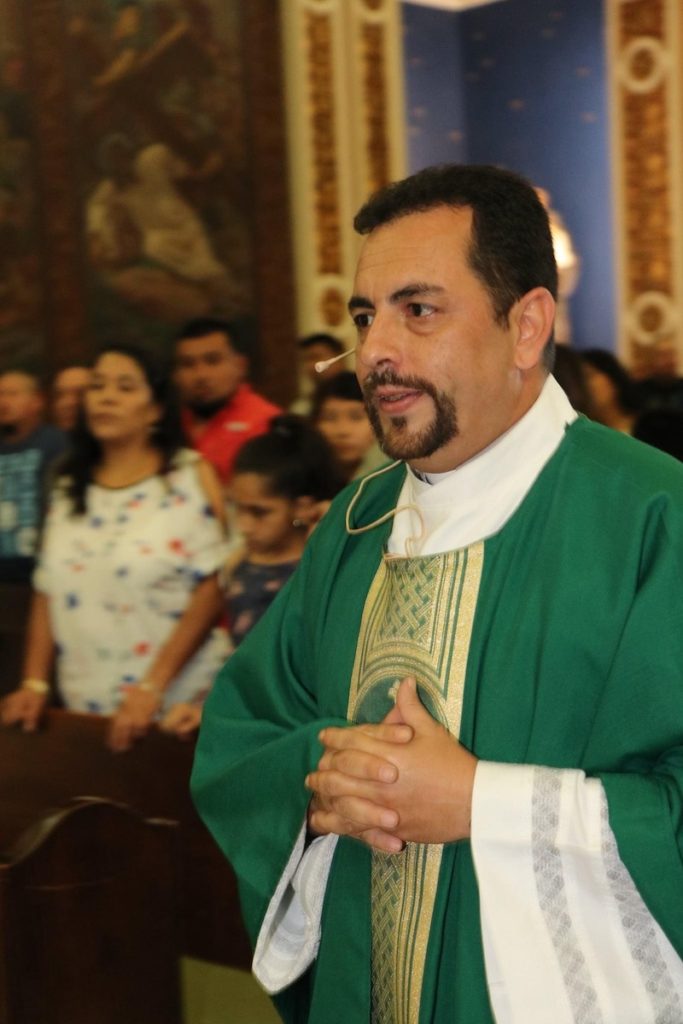
Jazo said it is his vocation and he is just answering God’s calling. Jazo said he is happy serving others and will continue to do so until he does not “feel fulfillment from it anymore.”
St. Francis on the Brazos had a food pantry to help those in need of groceries, but the church had to suspend the pantry due to the COVID-19 pandemic. The majority of people in need of it were elderly and stopped coming to the church due to the pandemic.
“The pandemic stops everything. . . . It was very difficult because we depend on the people who attend mass, and the attendance of mass dropped really, really hard,” Jazo said.
The pandemic hit many churches hard. Before COVID, 400 people attended mass each week, and now 100 people are attending. “In this moment we are trying to survive as a church, and we are trying to do the best,” Jazo said.
According to the St. Francis on the Brazos Church website, the food pantry was established by the Franciscan Nun, Sister Francis. The food pantry operated since 1992. The church is dedicated to helping the elderly and those in need by providing food and clothing regardless of faith or status.
Jazo said the food pantry was working well. However, he thinks the church needs to do more. Jazo is looking for programs offering legal advice since many people in the parish are immigrants.
The church will host a vaccination clinic 9 a.m.-1 p.m. July 11.
Even though they do not currently have a pantry, Jazo said the church provides groceries for those in desperate need. When the pantry restarts the main difference will be that the church has stopped working with the Central Texas Food Bank. The church can freely pass out food to whomever they want to and whenever.
The church receives donations of clothing and other items. Jazo said the church works with Catholic Charities of Texas and the Diocese of Austin. This helps the community as well. Jazo said, for example, the church received 800 boxes of diapers.
“The things we receive as donations we give,” Jazo said. “We find someone who needs it.”
Jazo said the church tries “to help in a spiritual way.” This is essential, especially during hard times. Jazo and the church tries to give hope to those who have been affected by the COVID-19 pandemic. Jazo said they reassure others that they have a family within the church. The church lifts those up and they come together to pray for those who are sick and in need of spiritual guidance.
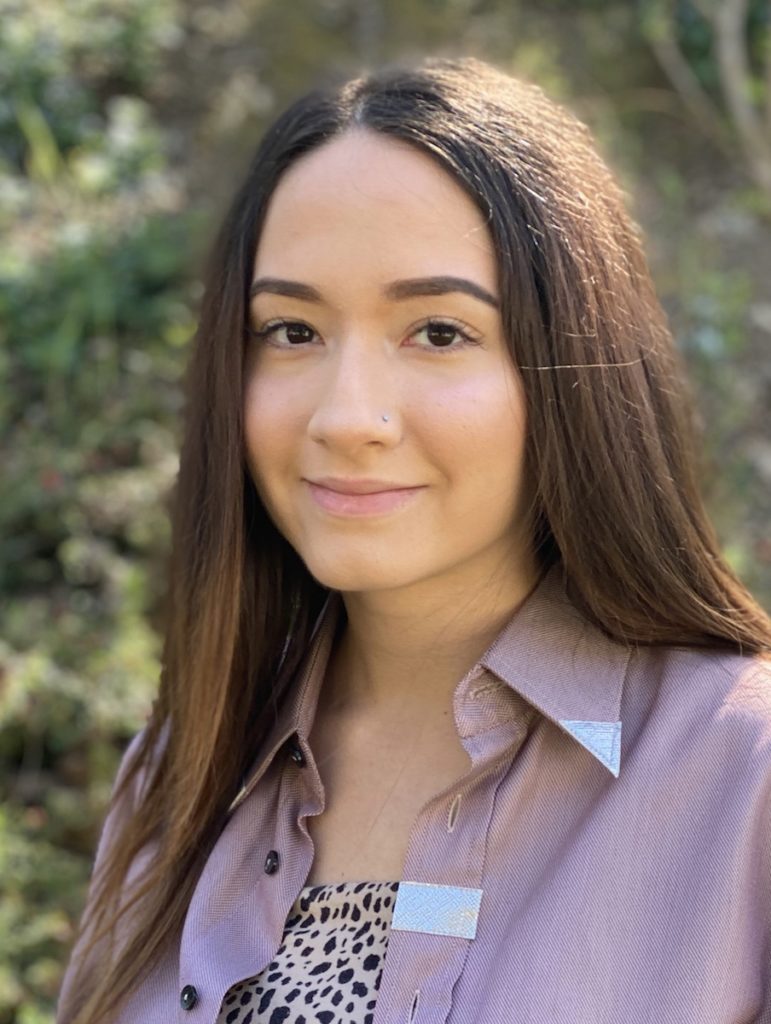
Lexi Masarweh is a sophomore at Baylor University. She is a corporate communications major and a minor in public relations. Lexi is from Pleasant Hill, Calif., which is close to San Francisco.
The Act Locally Waco blog publishes posts with a connection to these aspirations for Waco. If you are interested in writing for the Act Locally Waco Blog, please email Ferrell Foster at [email protected].

